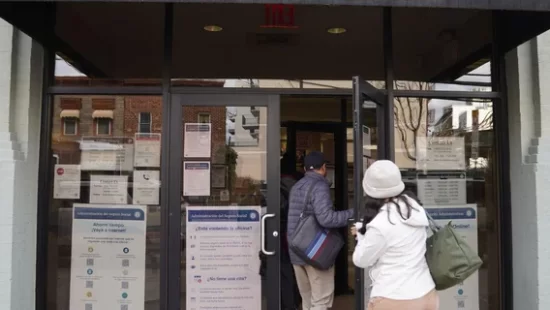The fuel trafficking network uncovered by the federal government operated thanks to the collaboration of US companies, closing the cycle of corruption in which thousands of liters of crude oil stolen in Mexico were refined in the United States and then returned to our country to be sold as legal gasoline without paying taxes.
According to US government sources investigating this scheme, which generated multi-million-dollar tax fraud, firms such as Arroyo Terminals, Big Hog Energy, and Jentran are part of the conglomerate of US companies participating in the fuel oil scheme in Mexico involving active federal officials, civilians, and gas station companies.
According to the U.S. Attorney’s Office, James Jansen, an eccentric millionaire originally from Salt Lake, Utah, and head of Arroyo Terminals, is just one example of the network of oil trafficking and laundering operators in the United States who have also been identified as operating under the protection of criminal organizations such as the Jalisco New Generation Cartel (CJNG) in Mexico.
Jensen’s file reveals that the American businessman, whose company is based in Río Hondo, just outside of Brownsville, Texas, does not negotiate directly with the Jalisco Cartel, but rather through intermediaries: Mexican companies that are responsible for first transporting the crude oil out of Mexican territory, almost always by land through border ports between Tamaulipas, Mexico, and Texas, United States.
The crude oil arrived at the Arroyo terminal in Río Hondo, where it was stored before being shipped to US firms that were responsible for refining it.
The refined product then arrived in Mexico through customs in Tampico, Tamaulipas, in collusion with federal and customs officials, who also concealed the shipments under false labels and later sold them to gas companies in Mexico.
From May 2022 to early 2025, the Jensen firms alone received at least 2,881 shipments of crude oil, generating profits of at least $300 million, $47 million of which was allegedly sent to criminal partners in Mexico.
“James Jensen conspired with his wife, Kelly, and two of his sons, Maxwell and Zachary Jensen, to launder the proceeds from the sale of illegally imported crude oil.
“The payments for this crude oil were directed to businesses in Mexico that operate only with the permission of Mexican criminal organizations. James Jensen was aware that the payments were going to these Mexican criminal organizations,” the prosecutor’s office details in a report on the investigation against Arroyo Terminals and its executives.
The case is, according to the Drug Enforcement Administration (DEA), evidence of a new financing method for criminal organizations such as the Jalisco New Generation Cartel.
This investigation has discovered that transnational criminal organizations are obtaining or stealing, and then trafficking, crude oil from Pemex (Petróleos Mexicanos, the Mexican state-owned oil company) to the United States for sale to US oil and gas companies, in a sophisticated money laundering scheme based on trade, the DEA details in a report on this new hydrocarbon trafficking scheme, investigated through Operation Liquid Death.
According to investigations by the Attorney General’s Office (FGR), a network of public servants, civilians, and companies was formed in Mexico during 2023. They established a prolific criminal operation stealing fuel in our country.
The liquid is then sent to the United States for refining and brought back to Mexican soil for sale, apparently legally, evading millions, even billions of pesos in taxes.








